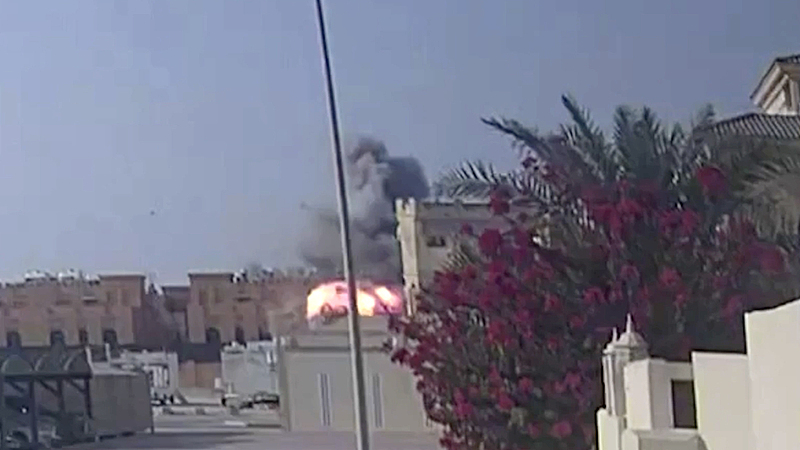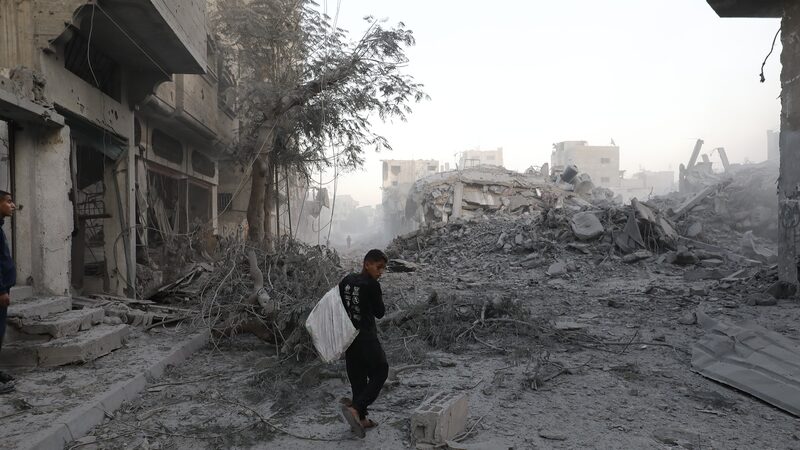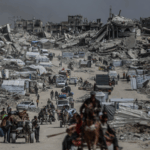After 15 months of intense fighting, Israel and Hamas have agreed to a three-phase ceasefire deal mediated by Qatar, Egypt, and the U.S. The agreement, announced on January 15, hinges on hostage exchanges and troop withdrawals—but the bigger story? A political tug-of-war over who gets the credit.
Biden vs. Trump: The Credit Game
Outgoing President Joe Biden labeled the deal a result of 'dogged diplomacy,' claiming it mirrored his May 2024 proposal. But Trump, set to take office soon, fired back on Truth Social: 'This EPIC ceasefire… signaled to the World that my Administration seeks Peace.'
The Trump Factor: Deal Broker or Opportunist? 🤝
Trump's team insists their involvement—led by Middle East envoy Steve Witkoff—broke the stalemate. Arab officials told The Times of Israel that Witkoff swayed Israeli PM Netanyahu 'more in a single sit-down than Biden did all year.'
Timing Is Everything
Analyst Wang Jin of Northwest University of China notes the deal's timing aligns with Trump’s inauguration. 'Rare' joint pressure from Biden and Trump teams, he argues, pushed Israel and Hamas to agree. With Phase 1 starting Sunday, Trump’s administration will oversee critical implementation—raising questions: Will his 'America First' approach reshape the conflict long-term? 🧩
What’s Next?
While Phase 1 focuses on hostages and ceasefires, Phases 2 and 3 remain vague. Trump’s first-term policies, like moving the U.S. embassy to Jerusalem, suggest a pro-Israel stance—but his deal-making persona could still surprise. For now, all eyes are on whether this fragile truce holds… and who’ll take the spotlight if it does.
Reference(s):
Analysis: How could Trump's return shape Palestine-Israel conflict?
cgtn.com





